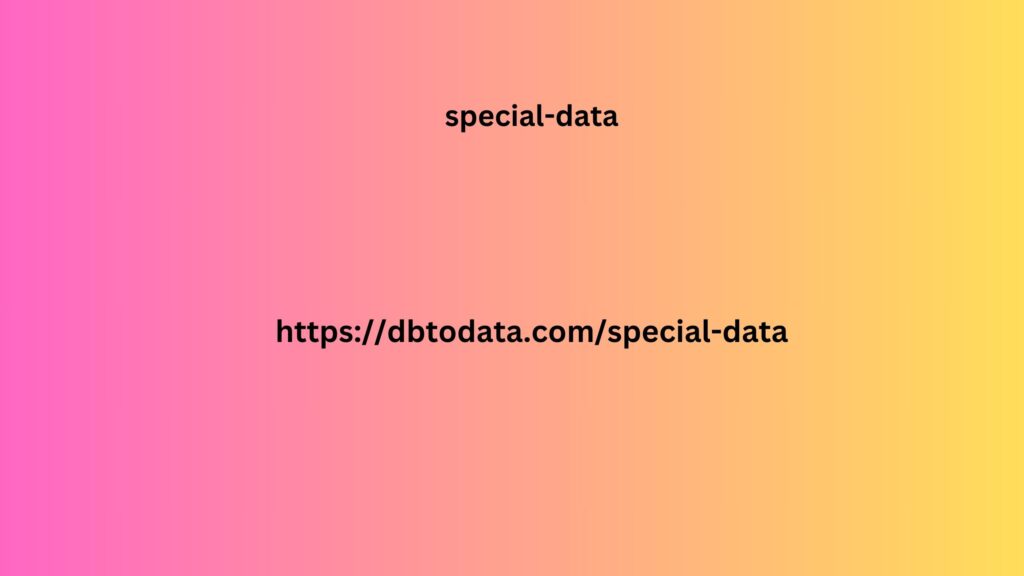keywords and phrases that are most likely to drive traffic to their website. Generate personalized content and recommendations for individual users based on their search history and preferences. Automate repetitive tasks, such as keyword research and link building, to save time and improve efficiency. Some examples of AI SEO tools and techniques include: Natural Language Processing (NLP) algorithms that can analyze the content of a website and identify relevant keywords and phrases.
Machine learning algorithms that
can analyze user behavior data and identify patterns and trends. Chatbots and virtual assistants that can provide personalized recommendations and support to website visitors. Image recognition technology that can analyze the visual bc data europe content of a website and optimize it for search engines. Overall, AI SEO is an emerging field that has the potential to transform the way that website owners optimize their content for search engines. I disagree with these simple statements on how AI can easily help website owners: – Automate repetitive tasks, such as keyword research and link building, to save time and improve efficiency.
Keyword research, and especially
link building, still needs clever human strategy development and actions. – Chatbots and virtual assistants that can provide personalized recommendations and support to website visitors. I don’t see these as SEO tasks or benefits. – Image recognition technology that can analyze the visual content of a website and optimize it for search engines. This sounds ambiguous. I can see AI analysing all images on a site and then writing unique and relevant image alt tags.
But a human SEO specialist would
also take into account keyword research for this. Whereas ‘optimising a website for search engines based on an analysis of visuals’? That sounds pretty futuristic. From queries to answers to universal truthful information One of the big ongoing changes is that ‘search engines’ are finally becoming proper ‘answer engines’ – which is exactly what Google has always said they are actually about. Not sending you to a URL which might be the best match to your query, but to pull in knowledge from all sorts of places and condense that into a correct and satisfying answer.
No need to click through search
results and visit webpages. But the scope of ambition doesn’t stop there. Let’s ask AI what Google has in store for us: Google’s mission statement, as of 2021, is “to organize the world’s information and make it universally accessible and useful.” While Google is primarily known as a search engine, it offers a range of products and services that aim to fulfill this mission, including Google Search, Google Maps, Google Translate, Google Drive, and more.
While Google Search does function
as an “answer machine” of sorts, providing users with information and answers to their queries, this is just one aspect of the company’s broader mission. Google aims to make information accessible to everyone, which includes not just providing quick answers but also providing access to educational resources, news and information, and tools when you have many people referring for communication and collaboration. In addition to its products and services, Google also supports initiatives that align with its mission, such as its support of open-source software,
Overall, while Google is known for
its search capabilities, its mission extends far beyond simply providing answers. “Not just providing quick answers.” Meanwhile Microsoft’s new started sending ‘unhinged’ messages to people. The elephant in the room is uk data that this AI integration moves all these new ‘answer/information engines’ towards publisher territory. There’s a big difference in showing a prioritised and curated list of URLs which are highly relevant to a user query, compared to pulling in lots of authoritative info snippets from across the web to fabricate a new piece of content

